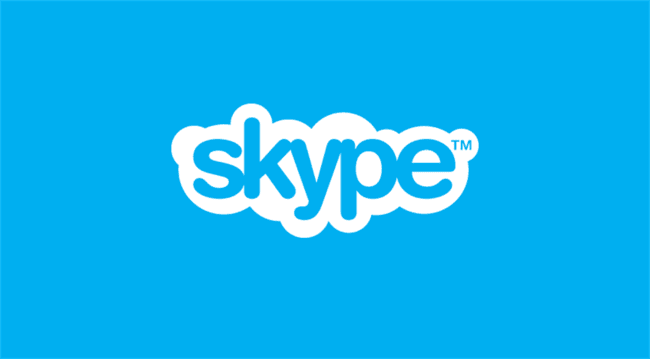When Microsoft acquired Skype, it was buying into a massively popular app with over one billion downloads and hundreds of millions of users.
At the time, Microsoft’s CEO, Steve Ballmer, declared, “Together, we will create the future of real-time communications.”*
However, as platforms like WhatsApp and Facebook Messenger gained traction, Skype’s popularity began to decline.
In 2017, Microsoft attempted to revamp Skype with a redesign that incorporated features similar to Snapchat. The update was poorly received, with many users criticizing the unnecessary changes.
Rachel Kaser, a reporter at The Next Web, summed up the frustration: “People are annoyed by this update because it’s fixing something that was never broken to begin with.”
By June 2021, speculation about Skype’s fate grew stronger. When Microsoft unveiled Windows 11, it integrated Microsoft Teams by default, leaving Skype out for the first time in years.
The Covid-19 pandemic accelerated the shift towards Teams, which became widely adopted for both professional and personal meetings. With Skype fading into the background, Microsoft officially announced its shutdown.
As part of the announcement, Microsoft’s president of collaborative apps and platforms, Jeff Teper, stated that the company aims to consolidate its free communication services under Teams.
“With Teams, users have access to many of the same core features they use in Skype, such as one-on-one calls, group calls, messaging, and file sharing,” he explained.
“Additionally, Teams offers enhanced features like hosting meetings, managing calendars, and building and joining communities for free.”
What happens to Skype Users?
Skype users now have two options:
1. Transition to Microsoft Teams, which offers similar features and additional tools.
2. Export their Skype data, including chats, contacts, and call history, before the shutdown.
For customers who pay for Skype services, Microsoft has confirmed they can continue using them until their next renewal period.
While Skype’s shutdown marks the end of an era, Microsoft is shifting focus to Teams as its primary communication platform.
READ MORE FROM: NIGERIAN TRIBUNE






